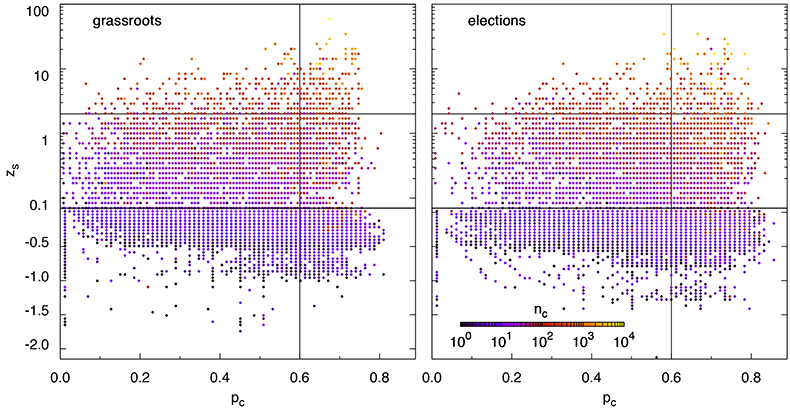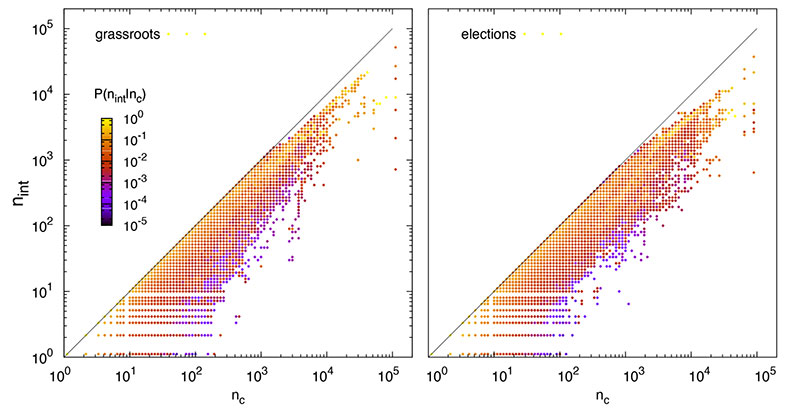Socio-Technical Systems
Structure & Dynamics of Online Social Systems Social Systems Communication NetworksStructure & Dynamics of
Online Social Systems
Modern online socio-technological systems are producing a deep change in our traditional networking paradigms and in the way we communicate with each other. At the same time, online social media constitute nowadays efficient and fast means to group together many social agents around a common issue. In this way, new types of economic, financial and social phenomena are arising. An example of the latter is given by the so-called Arab revolts, which have materialized thanks to these new communication platforms. The protests have been mediated by the use of social networks such as Facebook, Twitter, and YouTube, which have been critical for the birth and consolidation of campaigns involving strikes, demonstrations, marches and rallies.
On the other hand, online social networks not only modify in a radical way the dynamics of information and opinion spreading, but are also making our world even more global. More importantly, these platforms generate an enormous amount of time-stamped data, making it possible for the first time to study the fast dynamics associated to different spreading processes at a system-wide scale. These novel and rich data niches allow testing different social dynamics and models that would otherwise be highly elusive with traditional data-gathering methods. Additionally, the availability of data enables the study of phenomena that take place on time scales ranging from a few minutes or hours to a year-long duration. An example of the former kind of fast dynamics is given by large sport or cultural events, whereas cooperative content production such as the case of Wikipedia typically occurs in months or even years, thus, in a much slower timescale.
In our group, we study the structural and dynamical patterns of online social networks that are mediated by socio-technological systems. This will allow us to elucidate the mechanisms driving the emergence of a variety of social phenomena, and whether they share dynamical and structural features with other natural, social and technological processes. Additionally, these kinds of social phenomena provide an excellent opportunity to understand network formation processes and online spreading dynamics. The ultimate aim is to further advance our understanding of this kind of dynamics and eventually be able to make predictions based on real-time data monitoring.
Online Social Systems


Find out more by checking our main publications at: MAIN PUBLICATIONS

